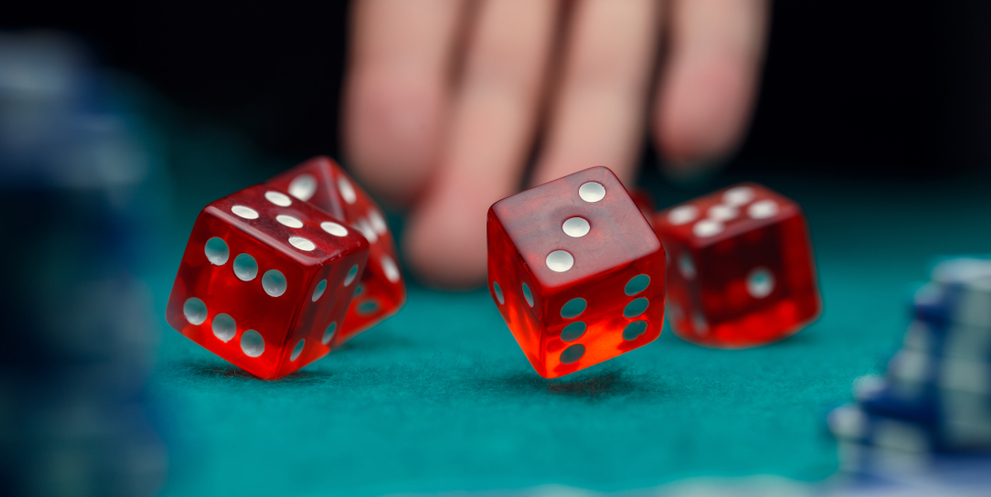
Gambling is the betting of money or a valuable thing on an event (e.g. tossing a dice) with an unpredictable outcome, to win money or material things. Whatever it means to different people, one indisputable fact is gambling is a flourishing industry.
For some people, gambling is a fun past-time, specifically to individuals who only use the money they intend to lose. This group of bettors adore the mysteriousness and beautiful concept of randomness, and the adrenaline rush, thrill, and excitement of the game.
However, for others, the act itself can be a problem, especially to people who don’t have control over it or become addicted. This brings up the question: why do people gamble? Including the smart ones.
The Popularity of Gambling
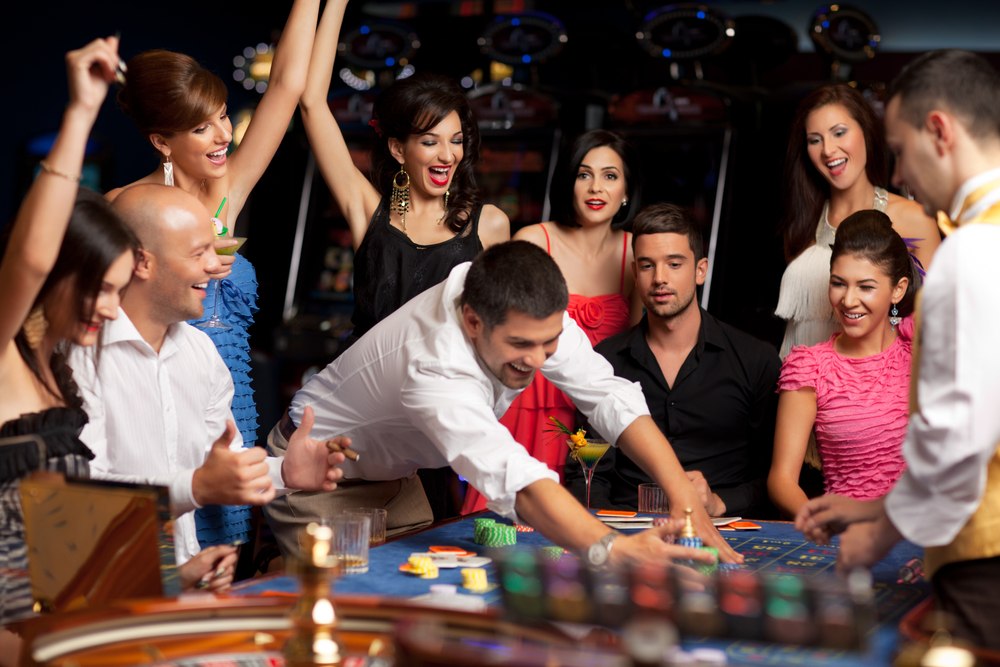
It’s easy to see why wagering is universally popular. Nowadays, gambling comes in a lot of forms, from slots, sports to poker. It seems like there’s something for everyone.
Speaking of popularity, and how lucrative the industry is, the US gambling industry contributes about $137.5 billion to the economy every year.
Over the years, the industry has evolved, and now accommodates nearly all sorts of niches. Casinos, for example, cater for a melodramatic night out.
Bingo, on the other hand, is often a darling to the senior clientele. What’s more, you can gamble online on your smartphone or computer at the comfort of your sofa, or while traveling.
For Entertainment and Pleasure
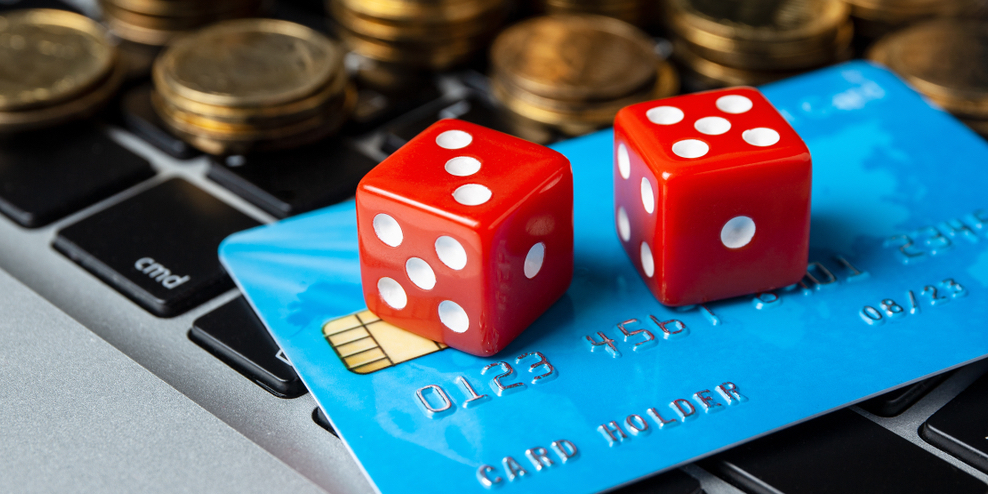
Games that involve placing a bet can be more enjoyable than ordinary games folks are used to playing. Fun and pleasure are adored naturally by a plethora of people of all ages and races. This is where gambling comes in—to give you a quick rush or upwell of adrenaline hormones.
In a world of busy people, gambling can be the way out to a wearisome life. Such people can take their families with them to places like casino resorts to relieve the tension they experience at work or home. Meaning, gambling can be stress-relieving to some.
Anybody can experience pleasure in trying to guess the outcome of a game or the simple fact of taking the risk and the probability of winning a big payout. Many gamblers attest that wagering often provides them a natural high, no matter they win or lose.
Despite a bettor’s level of skill with gambling, and whether it’s an online or real-life casino, many people admit it’s a fun experience. And since human beings naturally are in search of the next source of fun and entertainment, casinos are specially designed to appeal.
This partly explains why some people keep on wagering even when they are aware that the odds are always against them.
Mingling and Making New Friends

Gambling activities are thought about as a nice way to link up with new people. Numerous groups of friends go to places like Las Vegas or Macau to have a good time and reinforce their friendship. On the other hand, some individuals visit casinos so they can meet new people.
The excitement of Risk-Taking
Human beings naturally feel excited when taking risks, and gambling can offer this sensation. Oftentimes, you will find yourself asking “Will my team win” or “Will my numbers come up?” This anticipation creates a natural high, the feeling most people seek when looking for fun and entertainment. A sensation that some populations consider they cannot live without.
Wagering Creates an Illusion of Control
The human brain is over-confident by default. For instance, the illusion of knowledge can give people the false sense of security concerning the daily choices they make, because the brain refuses to admit that they don’t know what’s obvious or are unable to make a clear-cut educated guess.
This confidence is furthered by the illusion of control that wagering games offer players or the belief that you can use skill to influence the outcome that’s strictly based on chance. As such, it could take higher risks, and thus gamble at high stakes casino slots.
Also, the expectation of sudden luck can provoke a gambler to place a single high bet. All in all, individuals oftentimes gamble more if they trust they’ve got some control over the result of a game.
Psychologists reveal 2 key contributors to the gambler’s illusion of control: personal choice and near misses. The illusion of control is influenced by the concept of personal choice.
In circumstances where the gambler is let to actively arrange the gamble, for example, rolling the dice on the craps table creates an illusion that the player is somehow exerting a skill to influence the result of the game which is certainly random.
Near misses is evidenced in many types of gambling, and can be defined as being too close to the jackpot, but missing the win.
For example, being one digit short of winning the prize or the horse you bet on coming second. Medium frequency of such occurrences instills confidence in players to keep wagering in the hope that victory is near, and a false impression that they’re sharpening their skills with their near-wins.
Almost similar to the illusion of control is the “gambler’s fallacy.” Essentially, gamblers think that the odds of a future outcome are upper based on previous performances. This is a fallacy as it’s not true.
Why do people gamble? The gambler’s fallacy. To illustrate, take the roulette as an example.
The fact that you bet on red again and again is no guarantee that you’ll win at some point, as the chances of landing on red or black are 50/50. No matter the color a ball previously landed on, it does not influence where it will land next.
According to the gambler’s fallacy, bettors will most of the time increase their wagers through a game, thinking that they’ll end up winning big. Instead, even if they end up winning, it doesn’t cover the losses incurred during the game.
Escaping from Financial Problems

Financial challenges can barely leave the human mind, but as soon as you step into a casino, the problems stick at the door. The subconscious mind assumes you’ve entered a place of richness, where all your financial problems will be solved or at least absconded.
Of course, this is not a good reason to wager, but there’s a certain population of gamblers who place bets with the intent of solving a financial problem. It’s a motive can be futile because one may lose the money needed to save.
To clearly explain this concept, consider people who live in different neighborhoods. Those who live in neighborhoods with high levels of unemployment tend to bet more than those who live in richer neighborhoods.
The variation in numbers, back the idea that gambling functions largely as a source of income when one’s earnings aren’t sufficient.
To the economist, wagering doesn’t make sense. And here’s why. Smart people recognize they won’t win the greatest number of casino games they play.
However, they can’t resist the urge to try their hands at negative expectation propositions like blackjack and roulette. So why do people gamble? Read on.
Social

Gambling is recognized as part of many societies’ cultures, and as such, throngs of people are “rightfully” let in the fun. Several young persons are introduced to wagering by playing card games with their parents. Other populations may learn by going to the bingo with friends.
Children who are introduced to a casino by their parents will likely organize casino nights for their friends in the future. All as a way of connecting through collective entertainment experiences that largely help bring individuals together.
Looking for socialization often leads groups to land-based or live-dealer online casinos for real-time interaction. Remember, a glamorous casino, whether brick-and-mortar or online stirs in people new emotions, considering they are subjected to new stimuli and can interact with new people.
The Never-ending Appeal of Gambling
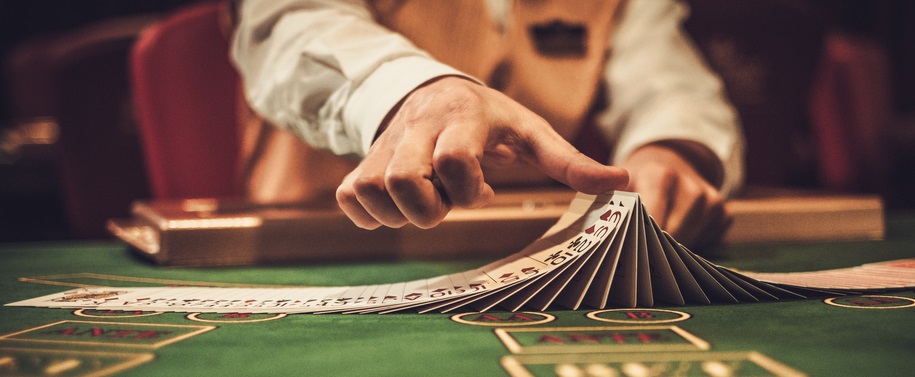
No matter what people say about gambling, it still attracts a lot of folks. Winning the jackpot could change your life for good. Keep in mind that gambling can furnish you with the opportunity of living out your wildest dreams.
And a lucky win could buy you a lavish home, a private jet, and more. Regardless of how hard you work, these things seem unattainable, yet innately you aspire to be richer.
At the end of the day, a gambler may not win the anticipated millions. However, no matter the win, all is well.
The little amount won can be placed away for personal use or set aside to be spent at the casino another day. As well, losing a bet gives gamblers more reason to get back on their feet and try again. What a fascination!
Another feature that may attract people into gambling is the desirable image advanced by media and popular culture.
The concept of gambling is often represented as a champagne-filled extravaganza of the wealthy in a beautiful setting, with piles of cash set across tables. This appears like something anyone would love to be part of—a high-end social standing.
With the variable rewarding system, gamblers now delight in the chances of winning an unexpected reward.
Such awards can certainly make a player make several attempts, with a vision of hitting a more valuable award.
Unexpected rewards? Why do people gamble? Unexpected things are known to attract attention. Note that the human brain dislikes repetitive signals.
When an unanticipated thing happens, it grabs your attention since the brain pays closer attention to it. Besides, predictable can be boring, while unforeseen things can spur laughter.
Gambling as a Coping Mechanism
Gambling can be a welcome distraction for individuals suffering from stress, anxiety, and depression. For instance, those who’ve lost a loved one or experienced a traumatic life event.
According to the majority of individuals in this group, gambling acts as an escape from their sudden unexciting days.
Such groups of people use gambling as a way to leave their worries behind and ride in the thrill associated with gambling. And hope to win. Even so, indulging in gambling to drown your sorrows might not be the best reason to gamble.
Worthwhile Cause
Gambling to support a good cause—such as charity—can be motivational enough for someone to place quite a few wagers.
If you win the bet, then that’s an advantage to you (the bettor), but when it’s lost, then, it will be lost to support a worthy cause.
Small Wins Matter

Gamblers often have several reasons for wagering—to them, it’s not all about winning. Although “winning big money” is usually the main motivation behind gambling, others gamble because it’s fun and exciting.
Majority of seasoned gamblers set themselves “loss thresholds,” beyond which they won’t gamble. Also, players are often contented with small wins, as well as tolerate small losses. This kind of reasoning, lets gamblers understand and anticipate more losses than wins.
Aside from that, everybody likes to win. Winning makes individuals feel important and skillful in different ways. The simple instincts of survival also inform people that they need to beat any challenge they face to live.
The fear of losing is another significant factor. When it comes to gambling, players tend to ignore the possibility of losing. Contrary to the expectation, even if you’re on a winning streak, you only think about going forward.
Addiction
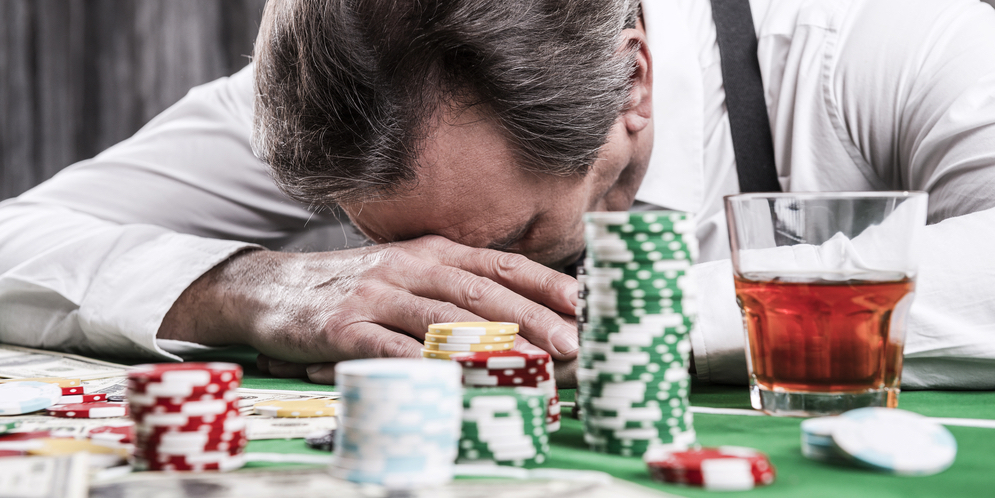
Some people cannot do with the excitement associated with gambling and the sense of being a winner.
Any entertainment can be a good distraction from life’s hassles or grief but can turn negative when it ceases being a pastime and becomes a way to cope.
Reason being, ignoring a problem doesn’t often make it disappear. For this reason, if you are gambling in excesses or placing bets past your financial means and can’t discontinue on your own, then you need to rethink everything about your betting.
But why do people gamble? As mentioned, gambling is exciting. Assuming you’ve won, the brain rewards you by releasing a natural high.
This will fortify your future gambling behavior since winning has a positive effect. All thanks to the brain’s striatum, which reacts positively to the stimuli, and it’s inspired by rewards.
Normally, the striatum is a useful motivational tool, but when it comes to irresponsible gambling, it can result in addiction.
For this reason, gamblers should learn to fight their wagering itches as much as they can. Study the game, fathom their chances, and always put a limit on how much they spend.








